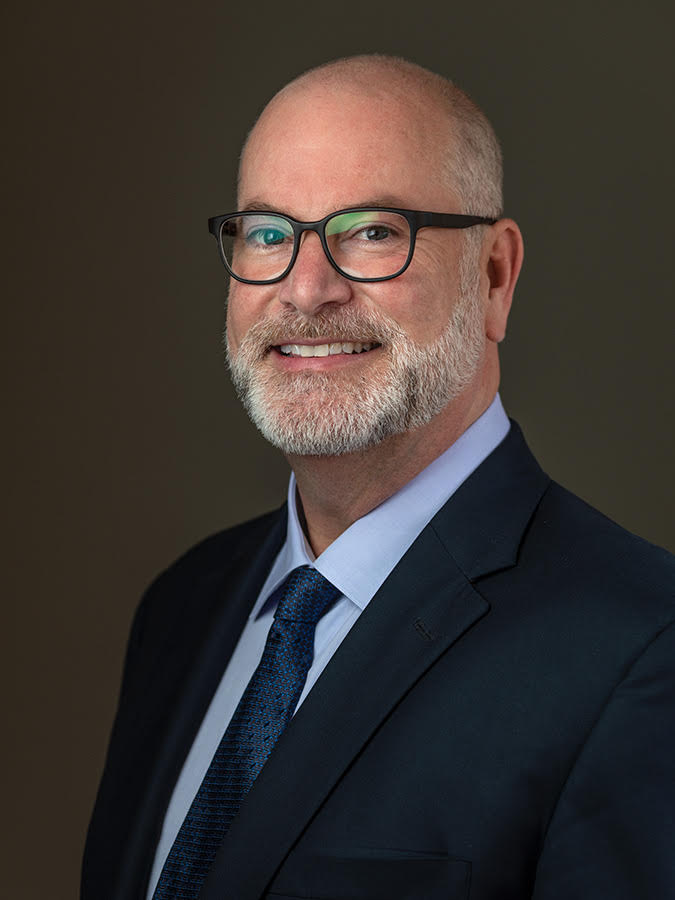
Insurance coverage litigation is one of those practice areas in which lawyers typically pick a side and stick to it. Unlike many other types of litigation, practicing on one side of the docket or the other is practically a necessity for working in this world. Most of us exclusively represent either policyholders or insurance companies, and few, if any, have practices that regularly handle both.
There’s plenty of conflict to go around. In sheer numbers, coverage disputes arguably generate more litigation than any other. Many thousands of policy terms and conditions are hashed out in venues across the country every year. Yet the community of lawyers on both sides of the bar share an uncommon degree of congeniality and positive working relationships with each other. That was evident recently when, for one day, Dallas was the center of the universe for attorneys representing policyholders, insurance companies and in-house counsel, as well as U.S. District Judge Barbara Lynn, SMU’s Dedman School of Law Dean Jason Nance and law school students.
Practitioners who face off in litigation day in and day out converged on SMU for the American College of Coverage Counsel’s annual Insurance Law Symposium to share insights on the latest legal developments in insurance law. The insurance industry has a long and storied history, and disagreements over coverages have been a close companion from the very beginning. It’s easy to appreciate why. Even the most complicated disputes over property damage and monetary losses eventually boil down to the framing and interpretation of language in coverage policies.
Historical coverage conflicts aside, the law, legislation, business practices and public policy are continually evolving with the way we live and work. These disputes frequently push the envelope of the legal system, regularly reaching state supreme courts and the U.S. Supreme Court. The ACCC, the “College” as it is known – an invitation-only group of lawyers who are specialists in their fields – plays a key role in educating and fostering constructive communication within this practice area.
This year’s panels explored cutting-edge and emerging issues in insurance law, including ripped-from-the-headlines topics like disaster response for events ranging from the COVID-19 pandemic to wildfires and the Surfside, Florida, building collapse. Panels hashed out developments related to bad faith, trial science, policy formation, appeals, claims handling, and settlement trends.
“Insurance transcends every imaginable, and many unimaginable, fact situations,” said symposium co-chair Bob Allen of The Allen Law Group. “Law students and the other attendees were able to hear from the nation’s leading authorities on cutting edge insurance issues that in some cases involve billions of dollars. How insurance impacts the plights of celebrities provided an interesting backdrop for our expert panelists to focus on recurring issues.”
The symposium included updates on two cases on this year’s Supreme Court of Texas docket. Overstreet v. Allstate shines a light on the conflict between state legislation and case law over the concurrent causation doctrine in Texas regarding who has the burden of proof with coverage exclusions. Overstreet settled days before scheduled arguments, leaving practitioners to navigate problematic case law that is ripe for future conflict.
The same panel provided an update on Stonewater Roofing v. TDI, which centers on a recent Texas law requiring public insurance adjusters to be licensed by the state. A claimed conflict of interest arising from a roofer acting as both adjuster and contractor implicates federal constitutional law and state law.
“The wide range of topics covered at the symposium highlighted the fact that, while insurance disputes are frequent, insurance law continues to develop based on the evolving risks of our economy, politics and culture,” said Ernest Martin, symposium co-chair and chair of the insurance recovery group at Haynes and Boone.
Disputes about insurance coverage may date back over the past centuries, but this fast-moving sector still manages to push the boundaries of the law. When players can lay down their swords from time to time and come together to share ideas everyone benefits.
Marc Gravely is founder of Gravely P.C. and is a co-chair of the 2022 ACCC Insurance Law Symposium Committee.

